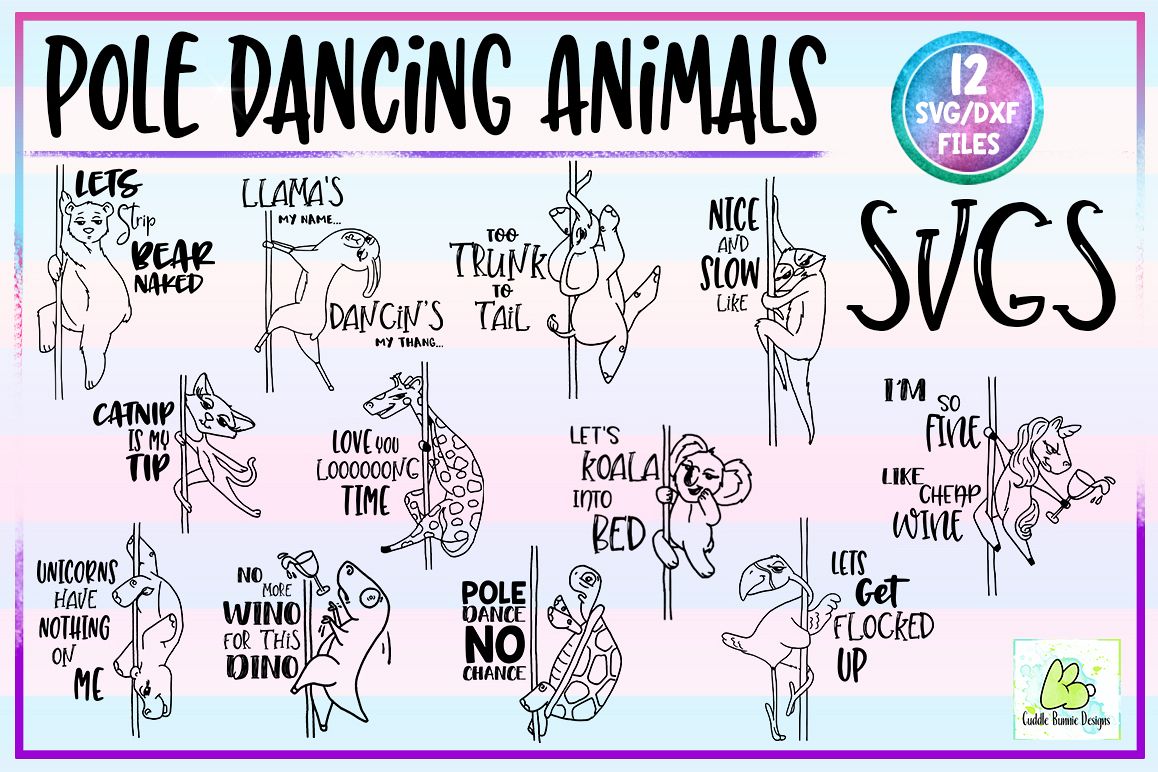The Change In Pole Dancer Duties: Progressing From Discrimination To Empowerment
The Change In Pole Dancer Duties: Progressing From Discrimination To Empowerment
Blog Article
Published By-Tennant Stage
You've most likely saw how perceptions of removing have changed over time. What was https://nypost.com/2017/08/06/strippers-accused-of-killing-man-who-helped-them-change-flat-tire/ as a profession shrouded in stigma is currently being embraced as a type of empowerment. Pole dancers aren't just entertainers; they're reclaiming their narratives and structure businesses. This change increases essential inquiries concerning identity, agency, and the future of work in the market. Exactly how did we obtain here, and what does it indicate for those included?
Historic Context: The Stigmatization of Stripping
Although many individuals view stripping as a questionable profession, its historic context exposes deep-rooted preconceptions that have progressed over time.
You mightn't understand that stripping dates back countless years, with efficiencies commonly linked with religious and cultural techniques. Over the centuries, societal standards moved, and removing ended up being related to immorality and exploitation.
Women, specifically, faced extreme judgment for their choices, leading to a perception of removing as a last hope. This stigmatization usually overshadowed the creativity and skill associated with the craft.
As you explore the evolution of pole dancer tasks, you'll see just how these historical biases have formed the market's existing landscape, influencing perspectives and the experiences of those within it.
Comprehending this context is critical for meaningful conversations about stripping today.
The Shift: Empowerment and Agency in the Market
As social perspectives in the direction of sex work remain to develop, many pole dancers are redeeming their stories and stressing empowerment and firm within the industry.
You'll see that more dancers are speaking up concerning their choices, highlighting their autonomy and the abilities they give the table. They're not just performers; they're wise businesswomen that handle their own careers, construct brands, and browse their workplace with confidence.
This change has actually caused an extra supportive neighborhood among pole dancers, promoting uniformity and mutual regard. By prioritizing empowerment, you'll discover a growing number of dancers advocating for their rights and pushing back against obsolete stereotypes.
This newly found firm is transforming the market, permitting strippers to welcome their identities on their own terms.
Advocacy and Depiction: Strippers as Entrepreneurs
The empowerment movement among pole dancers is leading the way for a new wave of entrepreneurship within the sector.
You're witnessing a change where strippers are taking control, launching their own businesses, and utilizing their platforms to advocate for themselves. Many are creating brands, from goods to online content, leveraging their special experiences to connect with target markets.
https://blogfreely.net/garth8dyan/vital-tips-for-protecting-strippers-for-your-event helps fight stigma yet additionally promotes economic self-reliance. By embracing their identities, strippers are redefining success by themselves terms.
You're seeing them become role models, revealing that with creativity and decision, any individual can prosper in this space. With advocacy and depiction, they're proving that strippers aren't simply artists; they're smart entrepreneurs shaping their futures.
Verdict
In conclusion, the development of pole dancer work highlights an impressive journey from stigma to empowerment. As social perspectives change, you see strippers reclaiming their narratives and showcasing their skills with pride. Embracing entrepreneurship, these performers are not simply artists but also magnate, motivating others to challenge outdated stereotypes. By promoting a supportive community, they pave the way for future generations, verifying that removing can be a powerful expression of agency and creativity.
